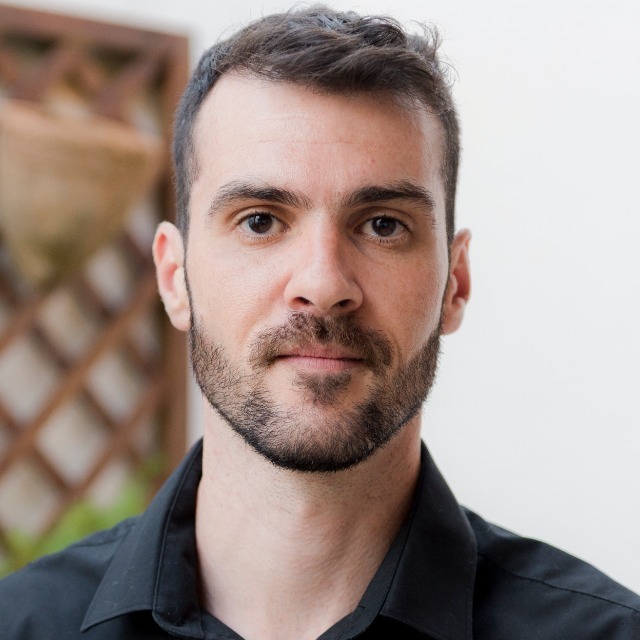With the advancement of Bill 5829/19 in the Chamber of Deputies, which will create definitive rules for the DG (distributed generation) energy sector in Brazil after all necessary approvals in the legislative and executive process, it is expected that the market will have another big rush for photovoltaic system installations in the short term, with the aim of guaranteeing the “acquired right” to full credit compensation by 2045, as foreseen in the text.
Integrating companies will have a great opportunity to increase their number of sales and projects, this being a critical period for their consolidation in the market.
While the possibility of growth is encouraging, companies that are not prepared for this moment could suffer irreparable damage to their future.
It is common knowledge that integrator companies adapt their systems implementation capabilities to their sales volume almost instantly through outsourcing field teams.
Read too: Sector professionals discuss the new PL 5829 proposal
This is an action to protect the company's cash flow, as the cost related to the installation team at the time of sale can be estimated with some certainty and the fixed cost can be controlled with a smaller number of direct employees.
On the other hand, the functional teams that work in offices are not suitable in such a simple way, and the increase in sales volume leads to employee overload, increased working hours, activities carried out hastily and without due attention and, consequently, , drop in the quality of deliveries.
Companies, seeking to increase the team's delivery capacity, try to standardize all activities by creating a “production line” in their offices, transforming engineering projects into production processes.
Know more: GD's Legal Framework should have presidential sanction in 2021
It is worth remembering the definitions of projects and processes. A project is “a temporary effort to create an exclusive, unique product, service or result”. A process is “a continuous and repetitive work, a series of sequential steps adopted by an organization to produce a desirable result”.
It is clear that functional processes in integrating companies are important so that team members have autonomy and control over their deliveries, but each photovoltaic system sold has a different installation location, investors, customers, equipment and objectives, thus becoming a product unique, which cannot be properly conducted through a process.
The photovoltaic system has its scope, which we call the product scope. The scope of the product is what must be delivered, the technical definition of the system. Customer requirements must appear here, such as equipment installation location, requirement by a specific manufacturer, cabling launch location, need for infrastructure adaptation, etc.
The scope of the project must be broader, as it tells us how to deliver the entire scope of the product with the correct quality, within the agreed deadline, at the maximum expected cost, etc.
By treating projects in this way, we ensure that all the details necessary for the success of the project in the integrator's and the client's view are achieved, maintaining functional teams with their internal processes, but ensuring attention to what makes the product unique and customer satisfaction .
But what makes this company format more efficient?
Every project has a life cycle that goes through initiation, planning, execution, monitoring/control and closure. In the distributed generation sector, we can consider initiation as a commercial process, a stage in which the scope of the product is defined and the basic requirements of the project are collected.
In planning, all actions necessary to fully comply with the scope of the product must be detailed, ensuring that no requirements are forgotten. The construction of a schedule with well-sequenced activities, definition of the resources needed for each one, costs associated with them, identification, analysis and risk response plan, all of this will ensure that no activity is forgotten or carried out in a way that is not consistent with the remainder of the project.
Good planning will lead to a reduction in team rework, especially anticipating possible problems during the execution and control phases.
When a phase or project is completed, closing rites take place. The lessons learned are the transfer of the history of the project's actions, providing feedback on the main stages of all other projects in the company. At this stage is the gain in continuous improvement that integrators seek so much when transforming their projects into processes.
The implementation of a management and project culture in the integrating company is not simple or quick, as training, experience and time are needed for the team to mature, but it leads to an organization and control scenario that makes the company sustainable and provides greater steps in its expansion.
Increasing efficiency in a project means reducing costs, increasing quality and consequently gaining market share.
















